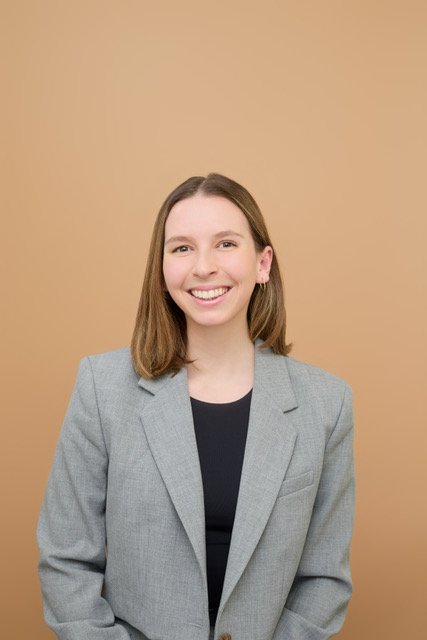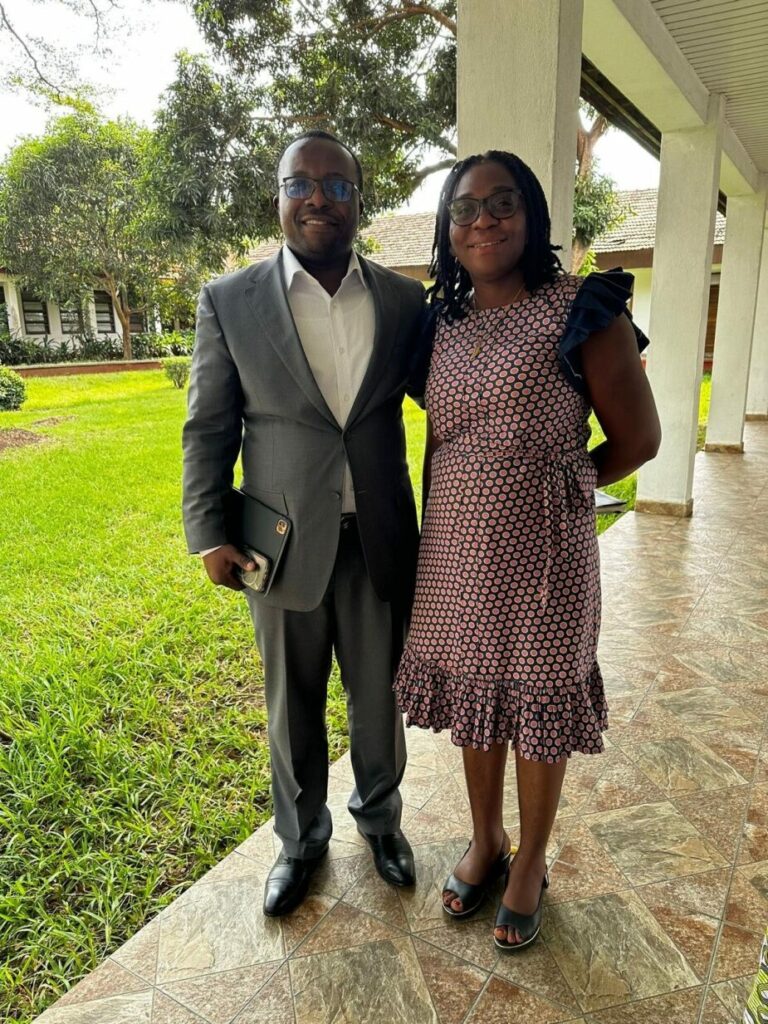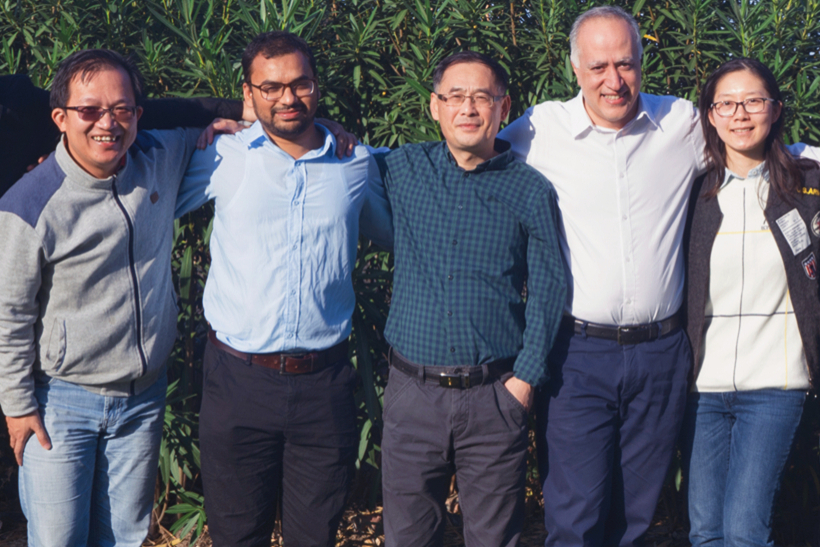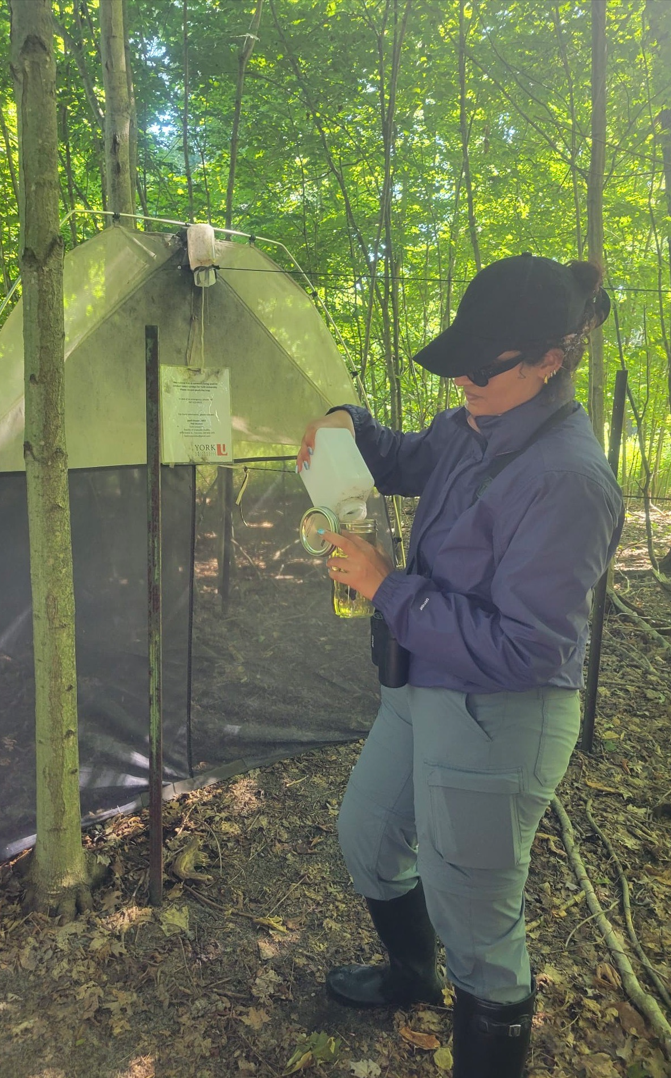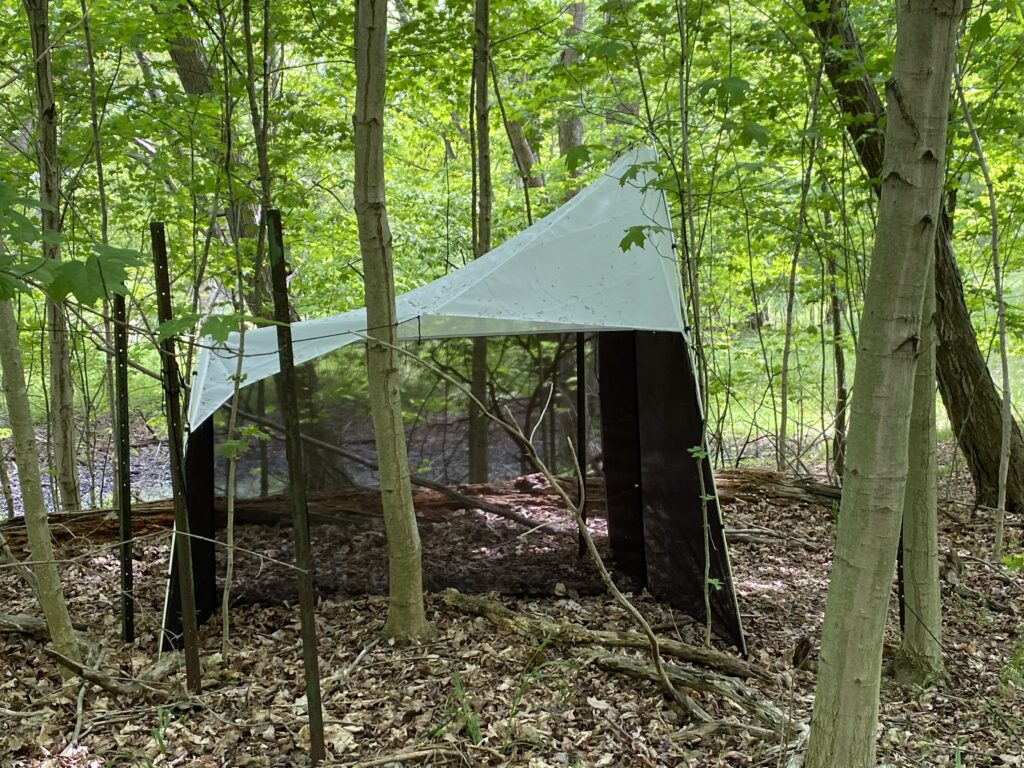Eligible York University community members are invited to fill out a reputational survey as part of the Maclean’s University Rankings.
The Canadian news magazine’s annual rankings are considered to be one of the most influential sources for prospective university students when choosing their school.
The annual reputational survey is part of the Maclean’s ranking methodology, which aims to gather the opinions of university faculty, senior administration and businesspeople from across Canada.
The reputational survey is now available for York faculty, instructors and senior administrators. It takes about 10 minutes to complete.
The Maclean’s reputational survey for faculty (English version) is available at: surveymonkey.com/r/MacleansAcademicSurvey202402.
The French-language version of the reputational survey is available at: fr.surveymonkey.com/r/MacleansSondageEnseignant202402.
“The Maclean’s University Ranking is an important part of the decision-making journey for prospective students. These rankings build strong awareness about York’s academic and research accomplishments among higher education institutions throughout Canada and around the world, attracting students, future leaders, faculty, and staff to join and partner with our academic community,” said Marcia Annisette, vice-provost academic.
“All faculty colleagues, instructors and senior administrators are eligible to complete the reputational survey to highlight York’s academic excellence and global leadership. Together, we can continue to be a driving force for positive change.”
Any eligible faculty, instructors or senior administration members who encounter issues while completing the survey are encouraged to contact the Office of Institutional Planning & Analysis at oipa@yorku.ca for guidance.
From a research perspective, York University has much to be proud of:
- A new Global Research Excellence Seed Fund was launched to strengthen the University’s research partnerships worldwide and enable faculty members to forge deeper global connections across communities, academia and industry.
- York’s Connected Minds: Neural and Machine Systems of a Healthy, Just Society is the largest research program in the University’s history ($318.4 million), engaging researchers from across the Faculties and disciplines. It has delivered several seed grants and PhD awards, expanded its roster of experts, and increased visibility and participation at several research events since the 2023 launch.
- York’s externally sponsored research income exceeded $100 million for the fifth consecutive year, with a record level of funding at $121 million in 2022-23, and over the past decade the University has doubled its research revenue.
- York received $1.5 million in funding from the Ontario Vehicle Innovation Network (OVIN) to support small- and medium-sized enterprises and startups in developing and testing innovative automotive technologies, including electric vehicles and smart mobility solutions.
“From advancing socially responsible artificial intelligence to improving emergency disaster management to pioneering innovative sustainability initiatives, York is a leader in research excellence,” said Amir Asif, vice-president research and innovation. “Completing the survey helps us draw the next generation of changemakers to York.”
Other points of institutional pride that highlight excellence happening at York include:
- The University demonstrated continued momentum in several prestigious rankings, including placing in the top 40 institutions globally in last year’s Times Higher Education Impact Rankings, climbing more than 100 spots in the QS World University Rankings and placing in the top 100 globally in three subjects – education, English and philosophy – in the 2024 QS Subject Rankings.
- York has committed to achieving net-zero emissions by 2040, a decade sooner than its previous commitment.
- York successfully hosted the 2023 Congress of the Humanities and Social Sciences under the theme Reckonings and Re-Imaginings, welcoming 10,300+ global scholars to our campuses at the largest free-trade event in Canadian history.
- In its first year as the academic lead of the UNITAR Global Water Academy, the academy launched a new website, and will offer a flagship course on sustainable water management practices, along with courses on water security – some of which will be taught by York’s leading water experts.
- The recent Ontario budget included a historic announcement to fund a new school of medicine at York to educate the next generation of talented primary care physicians, addressing critical health-care gaps in the province.
- Department of Psychology Professor Debra Pepler was one of four York faculty members to be elected by the Royal Society of Canada as part of the Class of 2023; and Professor Janine Marchessault was named a recipient of the 2023 Killam Prize, honouring her work in community-based and public art exhibitions that look to amplify marginalized voices.
- In 2023-24, the School of Continuing Studies launched three new programs that were the first of their kind in Canada – the Certificate in Customer Success Management, and post-graduate certificates in cloud operations and offensive cybersecurity.







